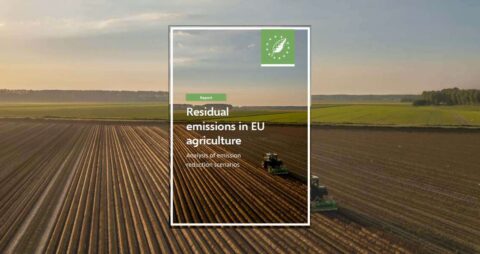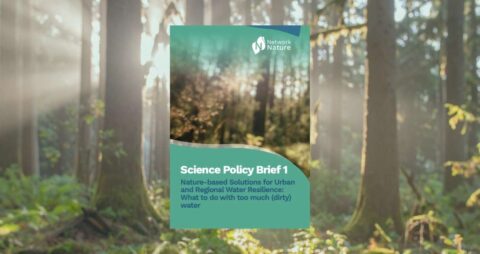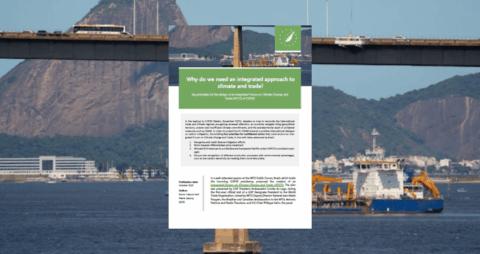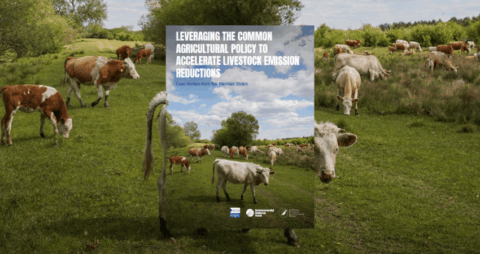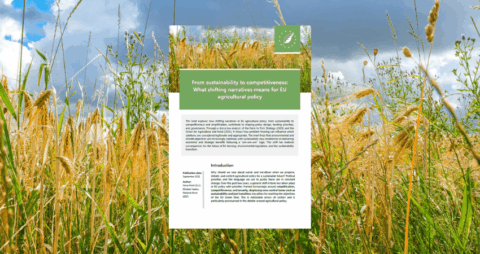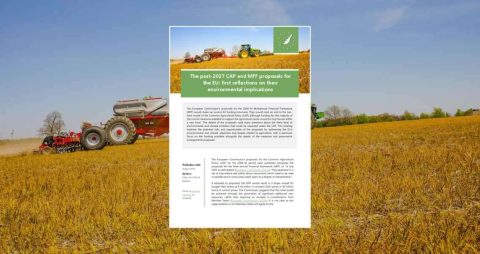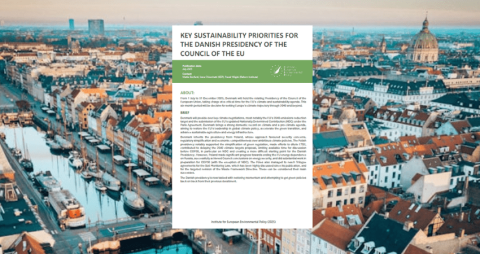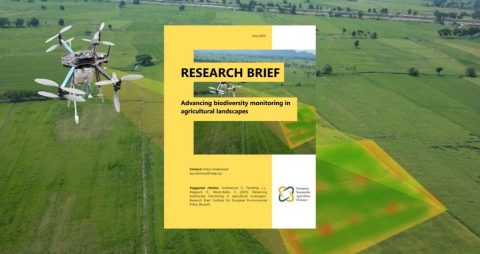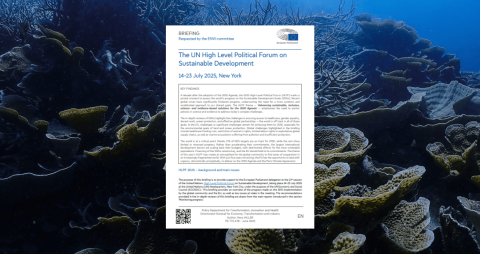Publications
- Home
- Publications
Type
Library Type
Categories
Select Categories
For any old articles please send a request at brussels@ieep.eu
Publications
Our reports and publications cover a wide variety of topics.
If you cannot find what you are looking for, please contact us directly at brussels@ieep.eu
- , Reports
This report explores the options for improving animal welfare and sustainability in the context of an EU-Thailand free trade agreement, for which negotiations were relaunched ...
- , Reports
The report examines emission reductions in EU agriculture by reviewing a selection of modelling scenarios and assessing variations in residual emissions. ...
- , Briefings
The brief draws from research, policy, and good practice from the wider NbS community, and presents recommendations to enhance the integration of NbS. ...
- , Briefings
In order to project CBAM towards a positive international dialogue on carbon mitigation, this briefing proposes four priorities for multilateral action that could anchor an ...
- , Reports
The next CAP can unlock low-emission farming by scaling up innovation, farmer networks, and targeted incentives for sustainable livestock. ...
- , Briefings
Understanding how narratives shape policy is crucial for ensuring that environmental and climate goals remain central to EU agricultural governance. This brief calls for more ...
- , Briefings
This briefing provides initial reflections on whether they provide the mechanisms and scale of funding needed to drive progress to meeting the EU’s sustainability objectives ...
- , Briefings
From 1 July to 31 December 2025, Denmark will hold the rotating Presidency of the Council of the European Union, taking charge at a critical ...
- , Reports
This briefing gives an overview of innovations in biodiversity monitoring in agricultural landscapes and discusses some advantages and limitations of how new techniques can inform ...
- , Briefings
Ahead of the expected 16 July release, this briefing examines how the EU’s next long-term budget (2028–2034) could redefine the CAP, reshape environmental funding, and ...
- , Briefings
This briefing, requested by the ENVI committee, provides an overview of the challenges and opportunities for a joint approach towards the SDGs, in a time ...



